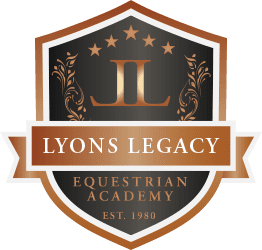Fall Clinics with John Lyons
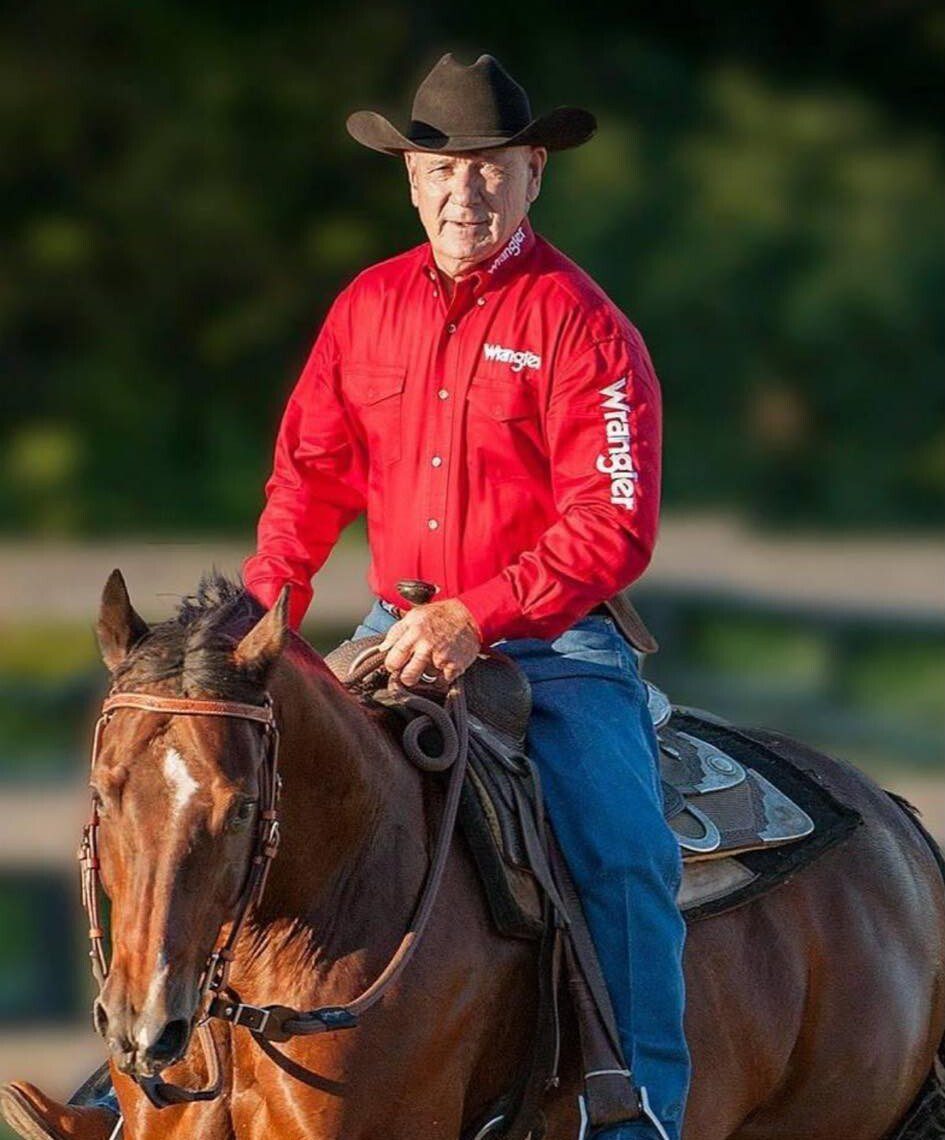
If riding with John Lyons is on your bucket list – here is your chance! John will be conducting several clinics this fall and they are limited to just 9 riders. As always, auditors can also attend and learn from the sidelines. Cost for riders is $900, cost for auditors is $45 per day. Shoulder, hip and head control made easy – so you enjoy riding and are safer as well. Clinics run from 9am until 5pm and have an hour and a half lunch break. Day one of the clinics always starts with a rider meeting on foot before getting horses out to ride. These events will be shared on the Josh Lyons/Lyons Legacy Facebook page and are as follows:
September 14 – 17, 2023 – Woodloch Stable, Hugo MN
Call Bill and Ingvill Ramberg to reserve riding spot at 651-796-8179
September 28 – October 1, 2023 – Hardy Farms, Howell MI
Jolene Deyoung 810-569-4640 info@hardysfarm.com
October 5 – 8, 2023 – Copper Rise Ranch, Springport IN
Call Mike & Melinda Garrish 765-524-1383 to reserve a riding spot. melindagerrish@gmail.com
October 12 -15, 2023 – Cook Forest Camp Grounds, Clarion PA
To reserve riding spots call John Lyons at 970-366-2856
To reserve camping and stalls call Ray and Terrie Smith 814-226-5985
October 19 – 22, 2023 – Birchtown Stables, Forest City, PA
Michelle Eccles host and John & Josh Lyons certified Trainer. 570-267-5918. Email meccles1027@hotmail.com. CLINIC IS FULL. Observers welcome $45 per day – contact the host for more information.
November 2 – 5, 2023 – Long Island, NY
Sonny Garguilo Host, & Friend 516-790-8367
CLINIC IS FULL. Observers welcome. $45 per day – contact the host for more information.
November 9 – 12, 2023 – Long Island, NY
Sonny Garguilo Host, & Friend 516-790-8367
CLINIC IS FULL. Observers welcome. $45 per day – contact the host for more information.
November 16 – 19, 2023 – Rose Hill Ranch, Naples, NY
Jack Minteer Host 585-506-7740. Email. Rosehillranch1@gmail.com
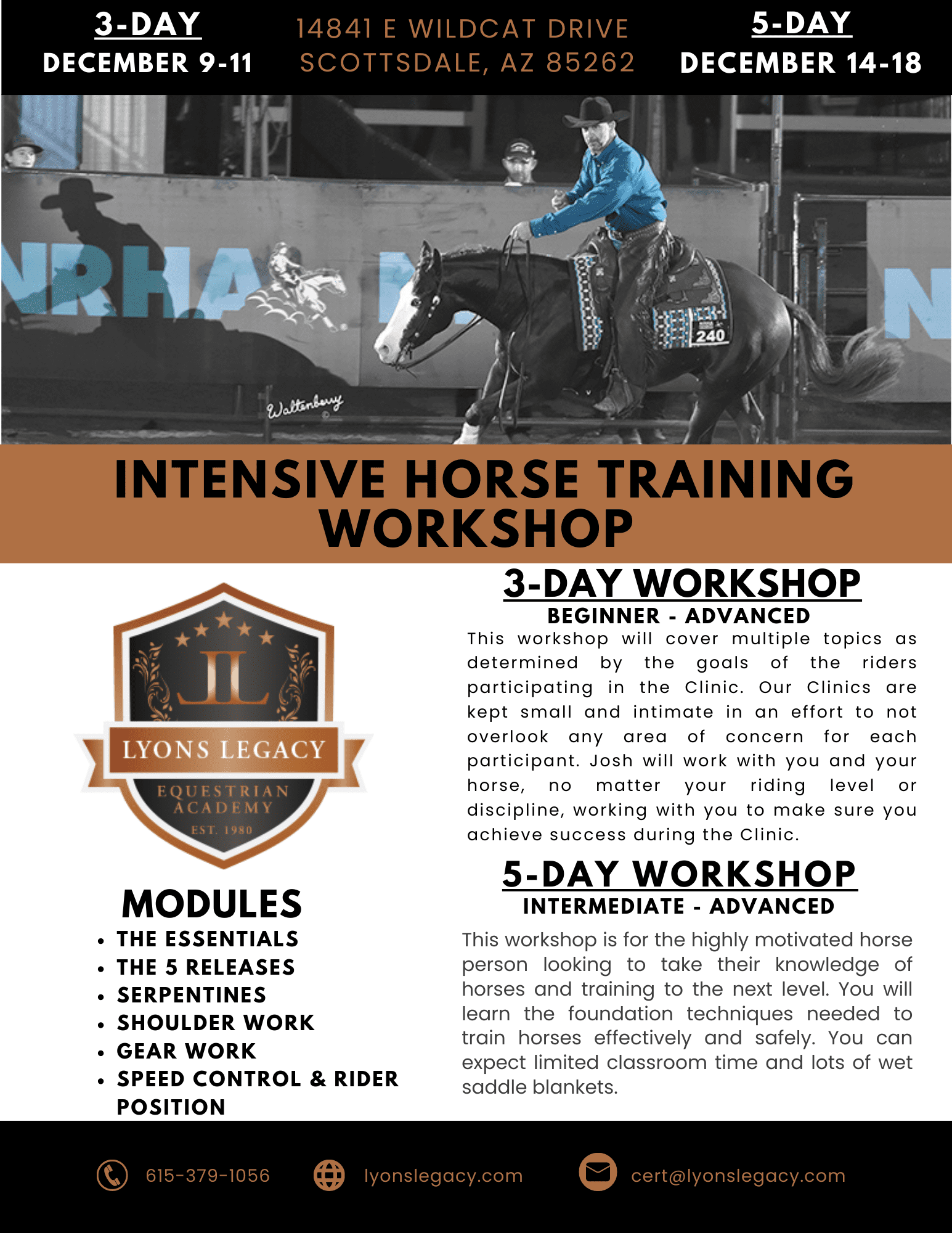
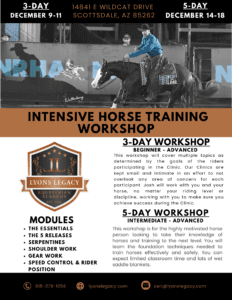
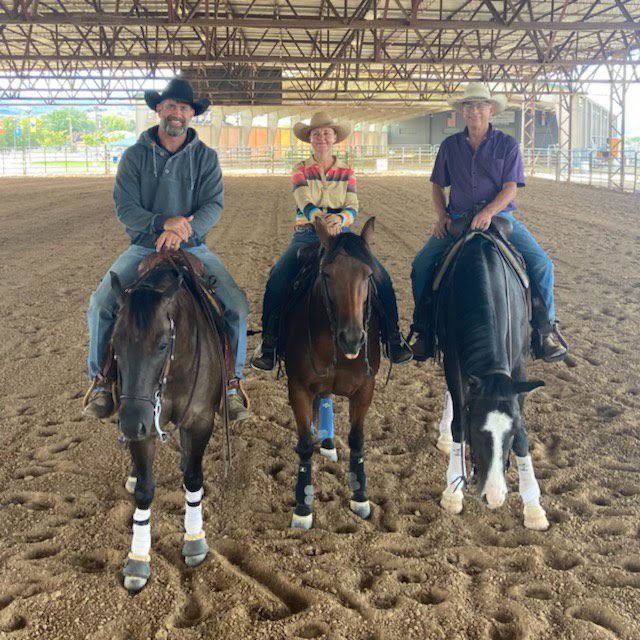
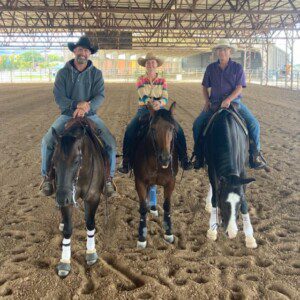
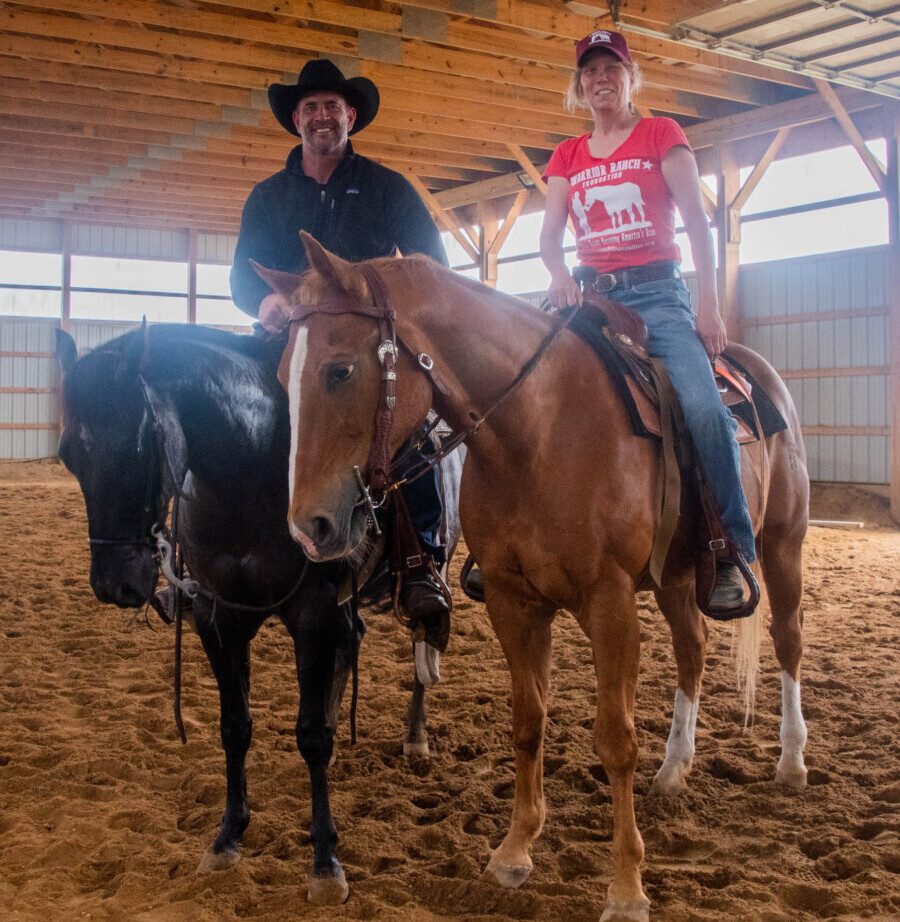
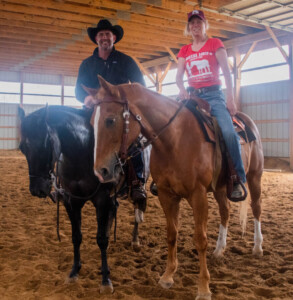 At the Warrior Ranch Foundation, each of the veterans – and the horses – have their own story. The Rhode Island ranch brings them together and with the help of elite horse trainers, helps them to write a new chapter.
At the Warrior Ranch Foundation, each of the veterans – and the horses – have their own story. The Rhode Island ranch brings them together and with the help of elite horse trainers, helps them to write a new chapter.

